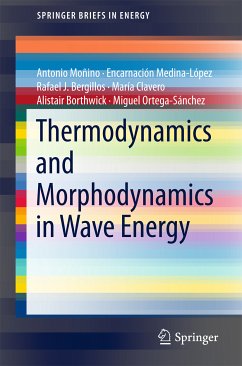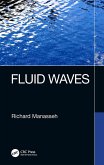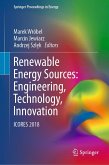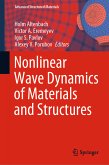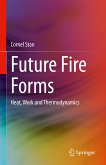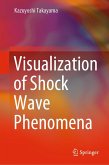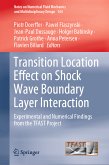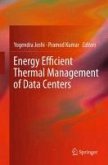The authors use a real gas model to describe the thermodynamics of the air-water vapour mixture inside the chamber, and the compression and expansion process during the wave cycle. Further, they present an alternative formulation with new perspectives on the adiabatic process of the gaseous phase, including a modified adiabatic index, and subsequent modified thermodynamic state variables such as enthalpy, entropy and specific heat. The book also develops a numerical model using computational fluid dynamics to simulate OWC characteristics in open sea, and studies the performance of a linear turbine using an actuator disk model. It then compares the results from both cases to find an agreement between the analytical and numerical models when humidity is inserted in the gaseous phase.
Introducing new concepts to studies of wave energy to provide fresh perspectives on energy extraction and efficiency problems, the book is a valuable resource for researchers and industrial companies involved in thermal energy and coastal engineering. It is also of interest to undergraduate and postgraduate students, as it broadens their view of wave energy.
Dieser Download kann aus rechtlichen Gründen nur mit Rechnungsadresse in A, B, BG, CY, CZ, D, DK, EW, E, FIN, F, GR, HR, H, IRL, I, LT, L, LR, M, NL, PL, P, R, S, SLO, SK ausgeliefert werden.

